

Bloodbath at Noon...
By edentu OROSO
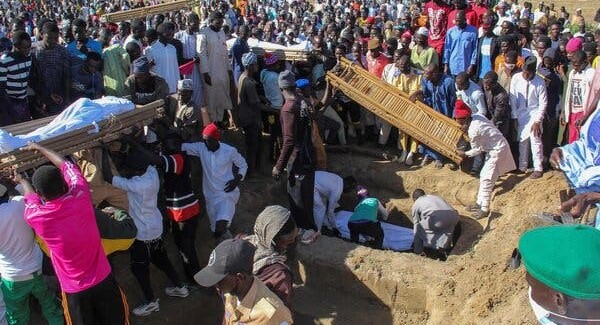 Photo Credit: Politics Nigeria (File)
Photo Credit: Politics Nigeria (File)
There’s a dastard movie on the Plateau. Not one for the lily-livered. The spectral splash of innocent blood. Just as troubling as the bloodbaths in the Benue valley. The gory flicks on the spawn are the kinds that send numbing sensations to the marrow. Ascribe these as the new normal. The free-rein terror of blood thirsty killers. Often the macabre weaving of land usurping herders. Or settlers-indigenes jousting for supremacy. Whole communities have been disemboweled as a result. Hundreds of lives have been sent prematurely to the beyond.
The tally of the dead on the Plateau just a day ago was 51 as reported in the mainstream media. A few days back, it was also a similar count. Hapless villagers now scamper helter-skelter to wherever safety could be found. Their presumed protector, the government, appears impotent in the face of the marauders’ invincible heckling of their targets with absolute ease.
The plateau is on the boil again. The cauldron of death is fast brimming with the blood of the innocent. The Benue valley too has never known sustained peace for decades. Fulani herdsmen have become the awed villains and worst nightmares of peasant farmers. Empty villagers litter everywhere. IDP camps swell with hordes of homeless people.
In both scenarios, pregnant women have been raped and maimed, innocent children killed in droves, men in their ancestral homes slaughtered like herds in an abattoir, many villages burnt, farmlands utterly destroyed…and these remain the stuff of the sterner news that buffet our ears and make the headlines. For the umpteenth time.
The endless conflicts between settlers and indigenous peoples can be traced to land grabbing antics. The perennial rhetoric of the political elite and the prevailing government inertia does not help matters either—it engenders a discourse often steeped in calculated invective and unyielding ambition. The ensuing theatre is that of perpetual strife. Even the media, far from vociferously condemning these relentless, audacious perpetrators and land usurpers, appears to offer only muted criticism. A governmental approach marked more by verbose declarations than by decisive, coherent action, leaving a trail of disillusionment in its wake, unfolds.
Simultaneously, the North-East has been scarred by the relentless ravages of Boko Haram since the early 2000s. The visceral, blood-soaked realities of this region have only darkened over time. The government still struggles to mount an effective response against an ever-evolving menace. It remains a grim battleground, where each day brings new horrors. The stark contrast between impassioned rhetoric and tangible results becomes all too evident.
A government that came fully hyped to out-perform its forebears cannot afford to play the Ostrich in matters of national exigency. Securing lives and property is the primary responsibility of any government. The people on the Plateau as well as the people in the Benue valley deserve prompt and far-reaching federal government’s response. One that’s commensurate with the heightened atrocities in those domains.
If a state of emergency could be mooted in Rivers State—once a poster child for peace—simply because of the messy fallout between political heavyweights Minister of the Federal Capital Territory, Nyesom Wike and Governor Siminalayi Fubara, then what excuse remains for the deadly silence in Plateau and Benue, where bloodshed is fast becoming routine? These are not political intrigues; they are battlegrounds. Entire communities are under siege, and lives are being lost with chilling regularity. Leaving the crisis to state governors alone is like tossing a bucket of water at a wildfire. Insecurity anywhere is a threat to security everywhere. Nigeria cannot afford selective urgency. It’s time for the federal government to stop watching from the sidelines and take bold, coordinated action—now.
The early warning signs emanating from Nigeria’s conflict zones have long offered critical insight into the underlying causes of unrest—and the viable paths toward resolution. Yet, time and again, these red flags have been ignored, downplayed, or met with mere lip service. The consequences have been dire. Conflict, regardless of its guise, does not arise in a vacuum. It is often the culmination of unattended grievances, systemic neglect, and avoidable provocations.
The carnage on the Plateau, for instance, is not without a traceable lineage. Its roots—both immediate and remote—can be identified and addressed. If only the political will matches the urgency of the crisis. A particularly stark example lies in the ongoing clashes between Fulani Herders and Agrarian Communities in Benue State. These confrontations, often fatal, are the direct consequence of an outdated and increasingly untenable practice: open grazing.
Fulani Herders, are emboldened by a perceived constitutional right to graze freely across the federation. They therefore routinely encroach upon farmlands. For farmers, these incursions are more than mere trespasses—they are existential threats. The destruction of crops represents not only the loss of food but the collapse of livelihoods painstakingly nurtured over seasons. The resulting tension has festered into a cycle of violence and reprisal, destabilising entire communities.
The way forward is neither elusive nor novel. In progressive societies, ranching has long supplanted open grazing as a sustainable and secure method of livestock management. Nigeria must urgently embrace this model—not merely as an agricultural reform, but as a national security imperative. Anything less is a disservice to the countless lives already lost and a perilous gamble with the nation’s fragile peace.
Beyond the visible destruction of lives and livelihoods on the bloodstained soils of Plateau and Benue lies a more insidious terror that gnaws at our collective psyche. A silent siege wrapped in fear, violence, and lawlessness. Our highways, once symbols of connection and progress, have become corridors of dread. Kidnapping for ransom, armed robbery, and the ever-mutating menace of banditry now reign supreme, leaving citizens at the mercy of predators who have no regard for human dignity or state authority.
The roads themselves are treacherous enough—crumbling, narrow, pockmarked with neglect. But it is not the potholes that paralyse the heart; it is the ever-present fear of vanishing into the dense bushlands, abducted by faceless marauders who barter lives for cash. Each dawn breaks with yet another grim tale: passengers dragged from vehicles, families hurled into grief, ransoms demanded in chilling tones. Banditry, once a distant threat, has now claimed a permanent place in our national vocabulary—a fixture in headlines, and an affliction in the minds of all who must travel.
This is not just a breakdown of infrastructure; it is a breakdown of trust. Trust in the state’s ability to safeguard its people. The time for reactive lamentation must give way to bold, strategic action. The government must rise—not with words, but with will. It must protect, preempt, and prevail. Only through decisive, sustained, and people-centered security measures can we reclaim our roads—and our peace—from the grip of chaos.
The solutions must be multi-pronged and urgent. A robust, mobile, and well-equipped highway security force must be deployed along major routes, especially those notorious for attacks. Patrol frequency must increase, with aerial surveillance using drones and helicopters to monitor hotspots.
The government should invest in smart surveillance systems—CCTV, vehicle tracking, biometric border checks, and facial recognition tools—linked to a centralised national security database to track movement and apprehend criminal networks.
Engage local vigilantes and hunters as part of intelligence networks. Locals know the terrain and the players; their collaboration with formal security agencies can yield actionable insights that preempt attacks.
Roads riddled with potholes and brush-lined highways enable ambushes. Expanding, resurfacing, and lighting these roads, along with clearing the surrounding vegetation, will limit hiding spots for criminals and boost commuter confidence.
Bandits and kidnappers, when arrested, must face swift prosecution. A dedicated judicial track for violent crimes on highways should be instituted to ensure justice is both seen and served—deterrence is impossible without consequence.
Motor parks and terminals should be regulated, policed, and equipped with digital manifest systems that track passengers and vehicles, discouraging random and unsafe travel arrangements.
At the root of much of this lawlessness is economic despair. Targeted rural development, job creation schemes, vocational training, and social investment in hotspot areas can provide alternatives to crime.
Only through decisive, sustained, and people-centred security reforms can we reclaim our roads—and our peace—from the grip of chaos. The question is not whether government can rise to the occasion. It must. Our national stability depends on it.

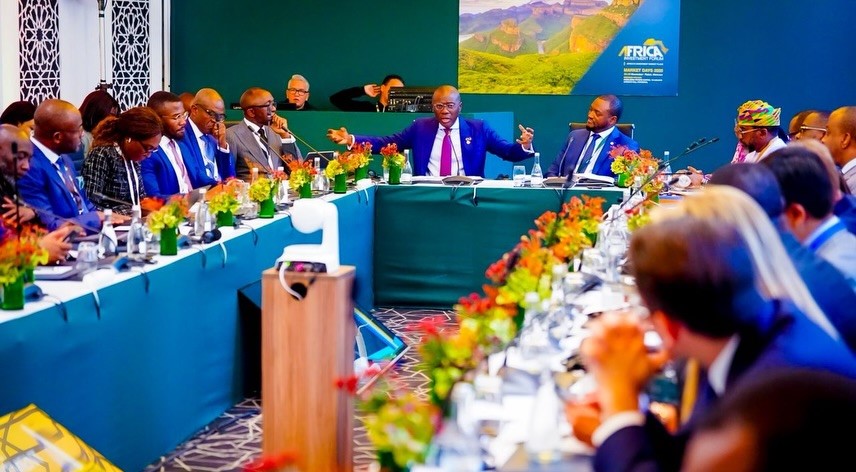
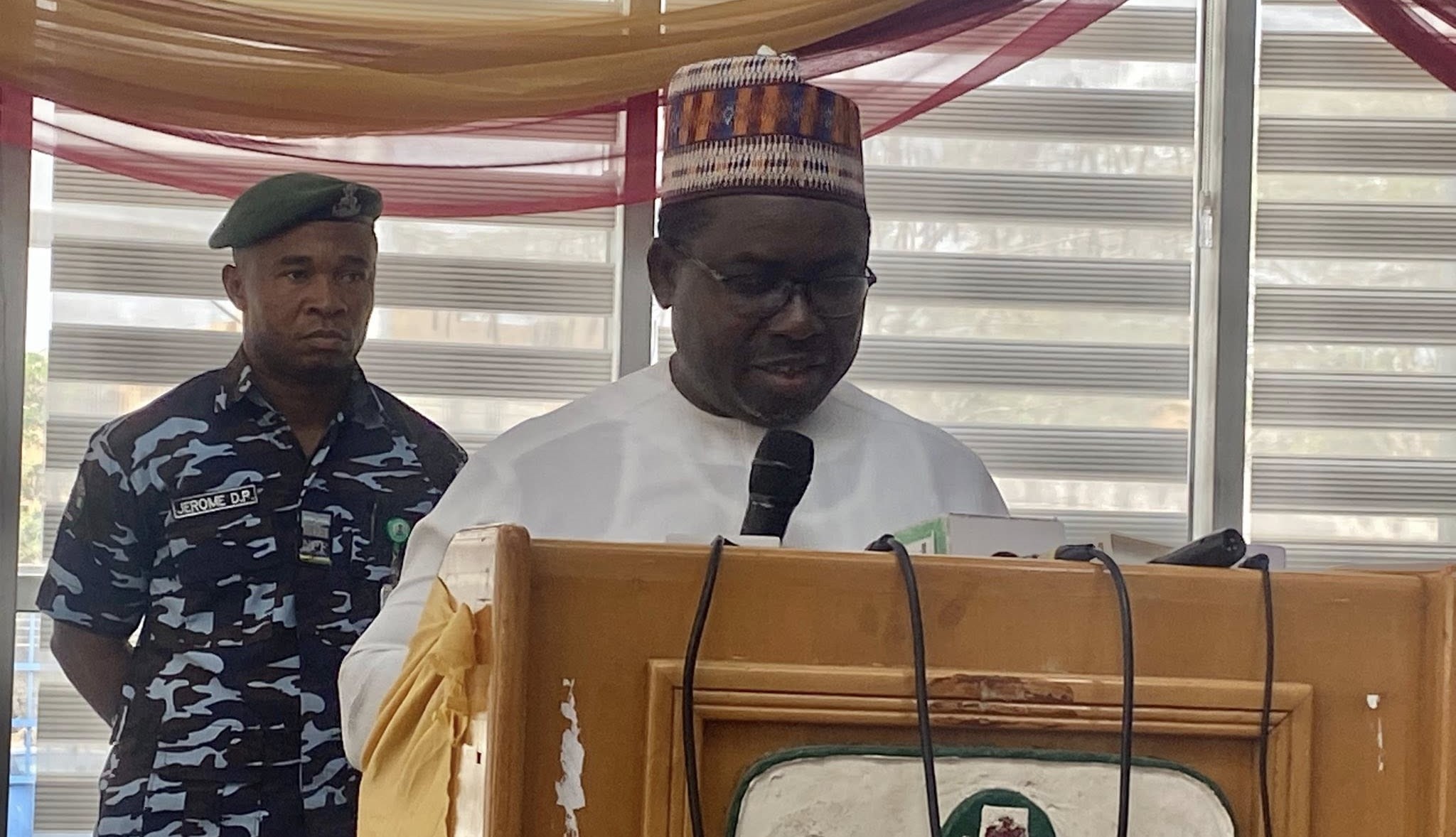




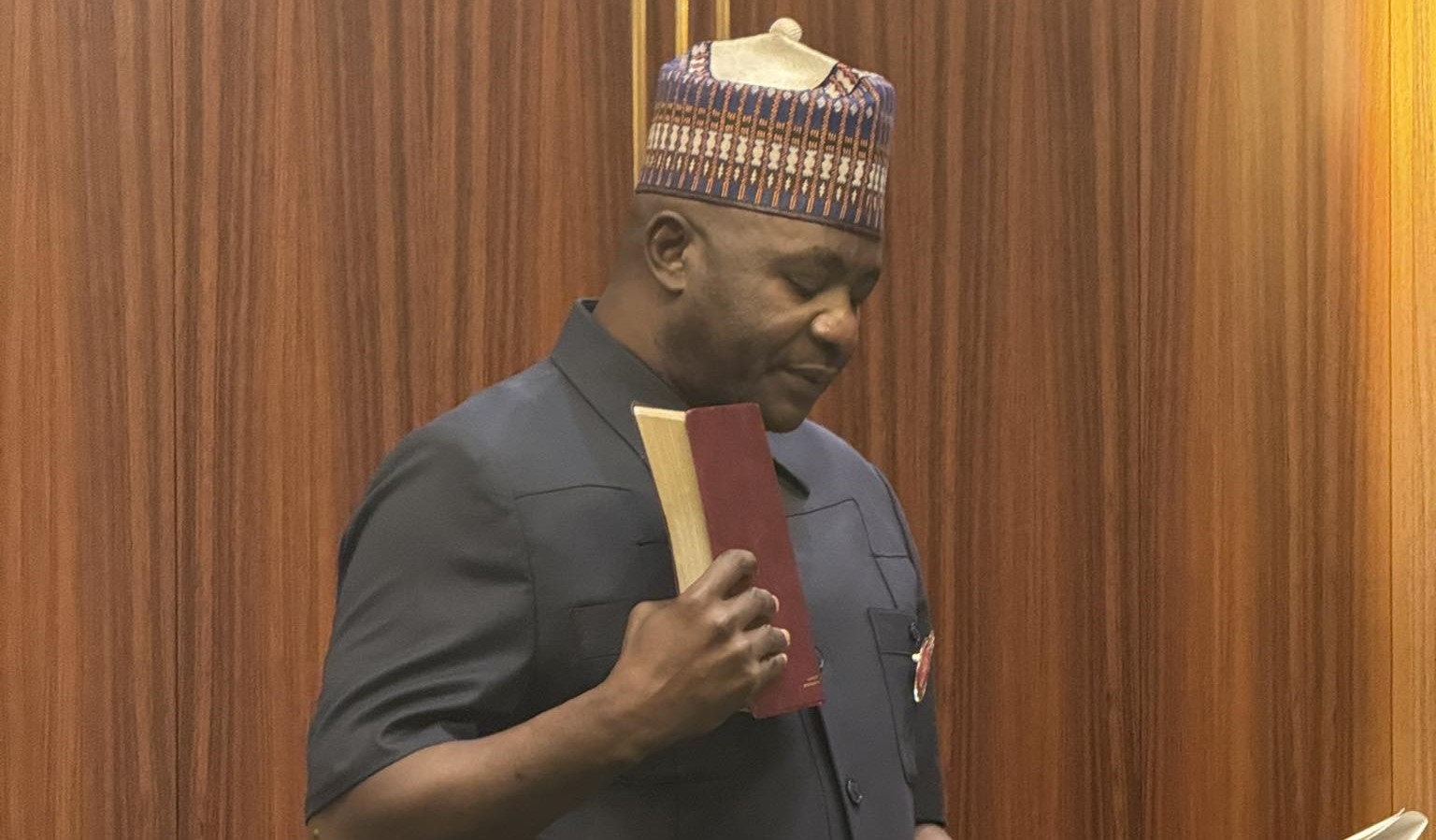
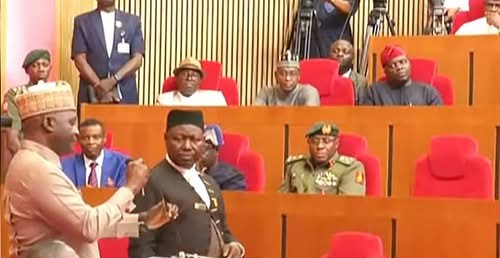


Comments
Be the first to comment on this post
Leave a Reply